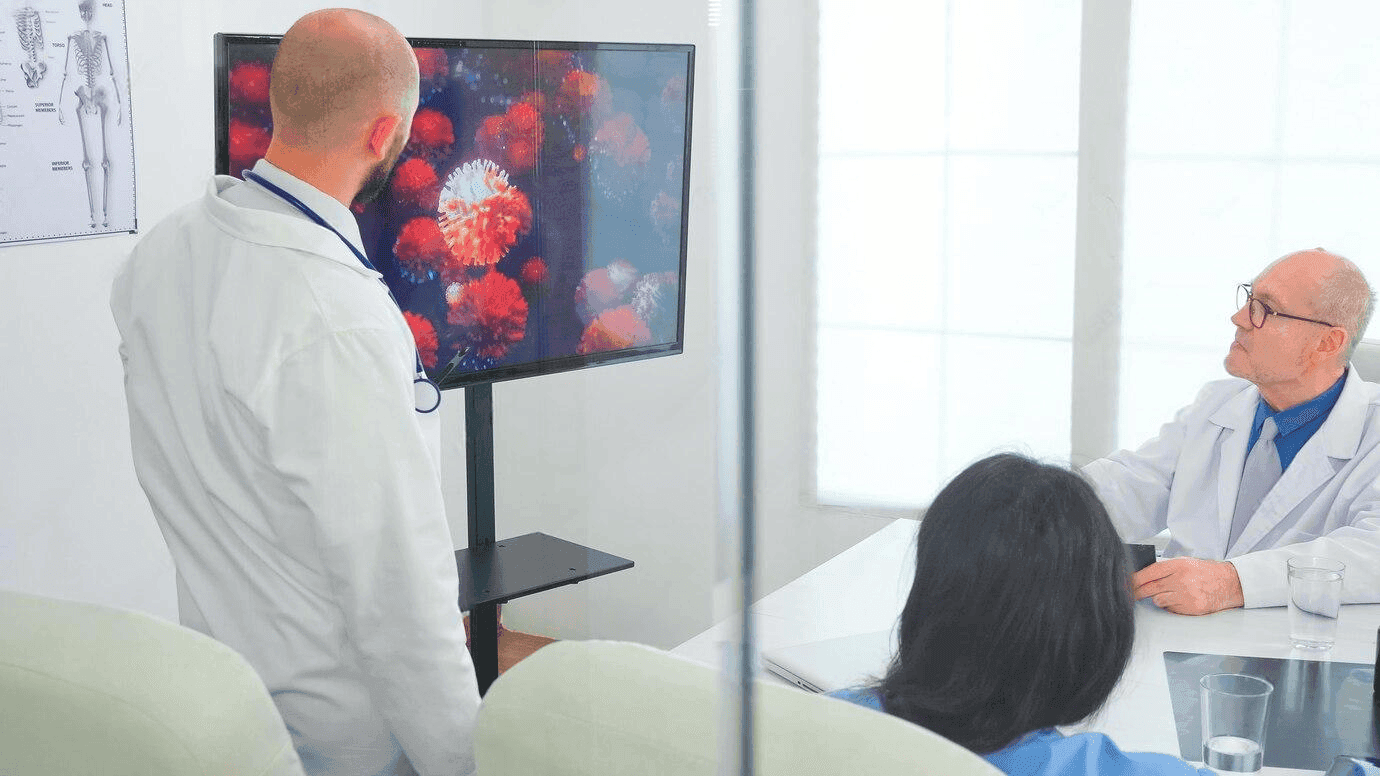
Cancer treatment has evolved significantly over the years, with systemic anti-cancer therapy playing a crucial role in managing and treating various types of cancer. Systemic therapy involves the use of medications that travel through the bloodstream to reach and affect cancer cells throughout the body. This article explores different types of systemic anti-cancer therapies, including chemotherapy, targeted therapy, immunotherapy, hormonal therapy, and combination therapy.
Chemotherapy is one of the most well-known and widely used systemic anti-cancer treatments. It involves the use of powerful drugs to kill or slow down the growth of cancer cells. Chemotherapy can be classified into three main types based on its purpose:
Administered before the main treatment, such as surgery or radiation therapy, to shrink tumors and make them easier to remove. Commonly used in breast cancer, lung cancer, and sarcomas.
Given after primary treatment to destroy any remaining cancer cells and reduce the risk of recurrence. Often used in breast, colon, and ovarian cancers.
Used in advanced or metastatic cancers to relieve symptoms, slow disease progression, and improve quality of life.
Targeted therapy is a revolutionary approach that specifically attacks cancer cells while minimizing damage to normal cells. It works by targeting molecular changes that drive cancer growth.
These drugs interfere with specific proteins and pathways that promote cancer cell survival and proliferation. Examples include tyrosine kinase inhibitors (TKIs) like imatinib and EGFR inhibitors like erlotinib.
These are lab-made molecules that bind to specific cancer cell markers, blocking their growth or triggering the immune system to attack them. Examples include trastuzumab (for HER2-positive breast cancer) and rituximab (for lymphoma).
Immunotherapy enhances the body’s immune system to recognize and attack cancer cells. It has shown remarkable success in treating various cancers.
These drugs block proteins like PD-1, PD-L1, and CTLA-4, which help cancer cells evade immune detection. Examples include pembrolizumab and nivolumab.
This therapy involves modifying a patient’s T cells to better recognize and attack cancer cells. It has been a breakthrough treatment for leukemia and lymphoma.
Hormonal therapy is specifically used to treat hormone-sensitive cancers by blocking or lowering hormone levels that fuel cancer growth.
For hormone receptor-positive breast cancer, drugs like tamoxifen and aromatase inhibitors help reduce estrogen levels and slow cancer progression.
Prostate cancer growth is often driven by androgens. Androgen deprivation therapy (ADT) using drugs like leuprolide lowers testosterone levels to control cancer growth.
Combination therapy involves using two or more treatment modalities to enhance effectiveness. The combinations are designed to maximize cancer cell destruction while minimizing resistance and side effects.
Combining chemotherapy with immunotherapy has shown promising results in treating lung cancer, Hodgkin’s lymphoma, and other cancers.
Combining different targeted therapies can block multiple pathways simultaneously, making it harder for cancer to develop resistance.
Some cancers respond well to a combination of chemotherapy and targeted therapy.
Systemic anti-cancer therapy has revolutionized the way we treat cancer, offering more effective and personalized treatment options. Advances in chemotherapy, targeted therapy, immunotherapy, hormonal therapy, and combination therapies have significantly improved survival rates and quality of life for cancer patients.

Give us a call
+91 95605 38081Send Message
docvarungoel@gmail.comQuick Links
Services
Design & Developed By Tek Booster
(Digital Marketing Company)